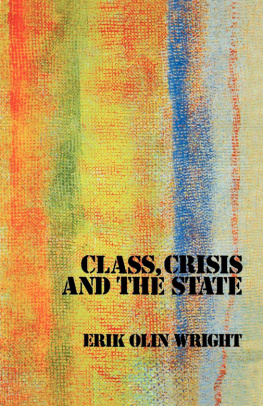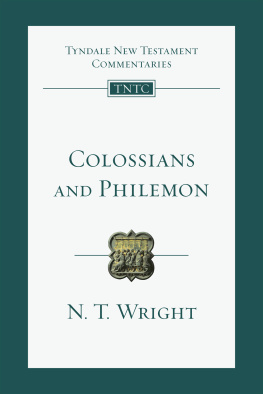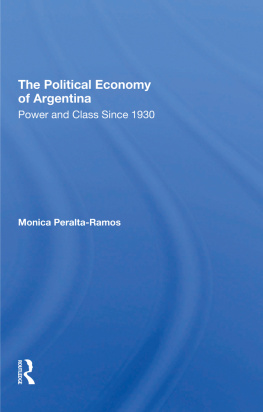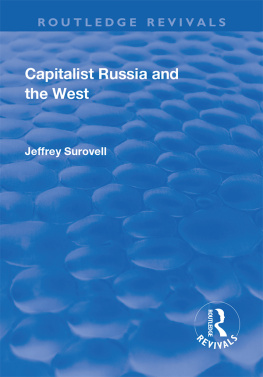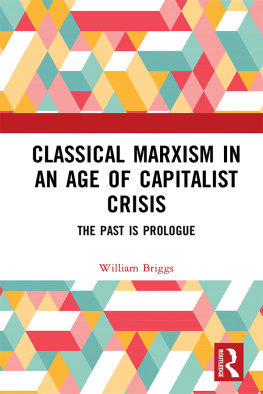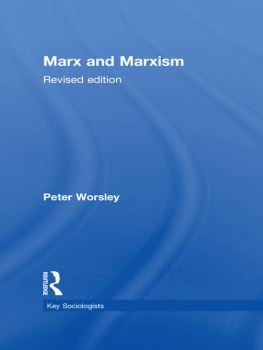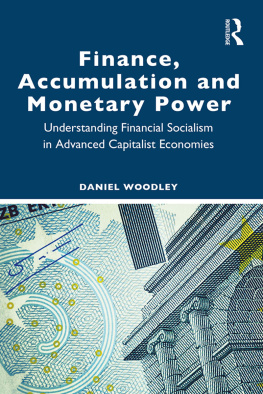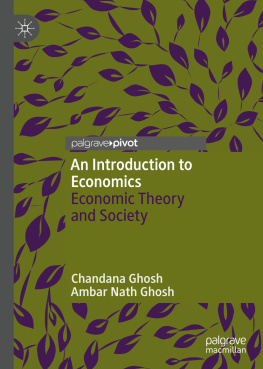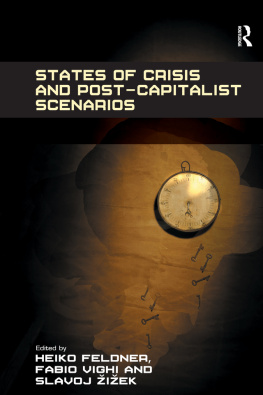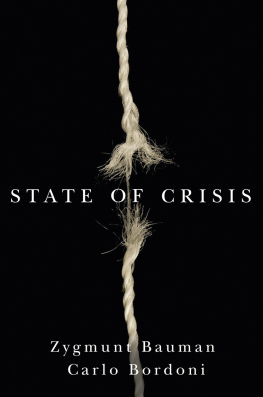Acknowledgements
All intellectual production is ultimately a social process, but I feel that this book has been especially shaped by the collective exchanges I have had over the past five years. Each of the chapters in this book went through many versions before completion, and each version benefited tremendously from the critical comments I received from many people. I am especially indebted to the San Francisco Bay Area Kapitalistate Collective, which has unquestionably been the richest forum for the development of many of the ideas in this book. I would also like to express my special gratitude to Michael Burawoy, Manuel Castells, Roger Friedland, David Gold, Andy Levine and Luca Perrone for the intensive debates we have had on all aspects of this work. In addition, the following people have read various pieces of the book and given me comments and suggestions which in one way or another are embodied in the final product: Daniel Bertaux, Kathy Blee, Sam Bowles, Amy Bridges, Winnie Breines, Jens Christiansen, Al Gedicks, Barbara Heyns, Alex Hicks, Rebecca Kharkov, Robert L. Kahn, Ira Katznelson, Margaret Levi, Clarence Lo, John Mollenkopf, Jim OConnor, Claus Offe, Nicos Poulantzas, Adam Przeworski, Michael Reich, Jesse Schwartz, Michael Soref, Arthur Stinchcombe, Al Szymanski, Gran Therborn, Kay Trimberger, Alan Wolfe, Marcia Kahn Wright, Glen Yago, and Maurice Zeitlin. Finally, I would like to thank the editors of New Left Review, especially Perry Anderson, for their extremely conscientious and insightful comments on the original manuscript of this book. Most of the theoretical developments in the text over the past year were directly provoked by their criticisms.
Methodological
Introduction
The essays in this book have been heavily shaped by the academic context in which they were written. As a graduate student in sociology I constantly confronted the hegemony of an empiricist, positivist epistemology in the social sciences. In virtually every debate over Marxist ideas, at some point I would be asked, prove it! To the extent that Marxist categories could be crystallized into testable hypotheses, non-Marxists were willing (sometimes) to take those ideas seriously; to the extent that debate raged simply at the level of theory, non-Marxists found it relatively easy to dismiss our challenges.
Marxists in the social sciences reacted to these pressures in several distinct ways. Perhaps the dominant response was to dismiss the attacks of non-Marxist social scientists as reflecting bourgeois ideology and/or a positivist methodology. It was common in Marxist student circles to argue that the very enterprise of formulating testable hypotheses was inimical to a Marxist methodology. Historical and dialectical explanation was counterposed to predictive, linear explanations. Particular hostility was reserved for the battery of quantitative techniques used in American sociology: even to use regression equations in a research project was to abandon the essence of Marxism. The demand that we prove theoretical claims through empirically testable propositions, therefore, was treated as purely ideological. To accept the demand would be to give up the battle by accepting the methodological principles of positivist social science.
A second response was to try to generate empirical studies which would prove our arguments to even the most stubborn opponent. Of particular importance in this vein was the large number of power structure studies produced in the 1960s and early 1970s criticizing pluralist interest-group theory. Such studies contributed greatly to legitimating the use of certain Marxist categories in social research and to demonstrating the ideological character of much pluralist theory. But as many Marxist critics of such research have stressed, much of the dialectical character of Marxist theory was lost in the process. In a sense, a large part of such Marxist empirical work can be seen as using Marxist categories without using Marxist theory.
Naturally, there is a third alternative: the attempt to develop empirical research agendas firmly rooted within not only the categories, but the logic, of Marxist theory. Such an approach would reject the positivist premise that theory construction is simply a process of empirical generalization of law-like regularities, but would also insist that Marxist theory should generate propositions about the real world which can be empirically studied.
This third strategy is only beginning in the United States. In effect it is an attempt simultaneously to engage in debate with mainstream social theory and to develop a style of empirical research which advances Marxist theory. Potentially, the research generated by this orientation may become an important contribution by North American Marxists to Marxist social science.
The essays in this book should be seen, in part, as contributing to the formation of this third response to positivist social science. While none of the essays constitutes an empirical investigation of a specific historical or structural problem, they are all intended to help establish the theoretical preconditions for such investigations.

